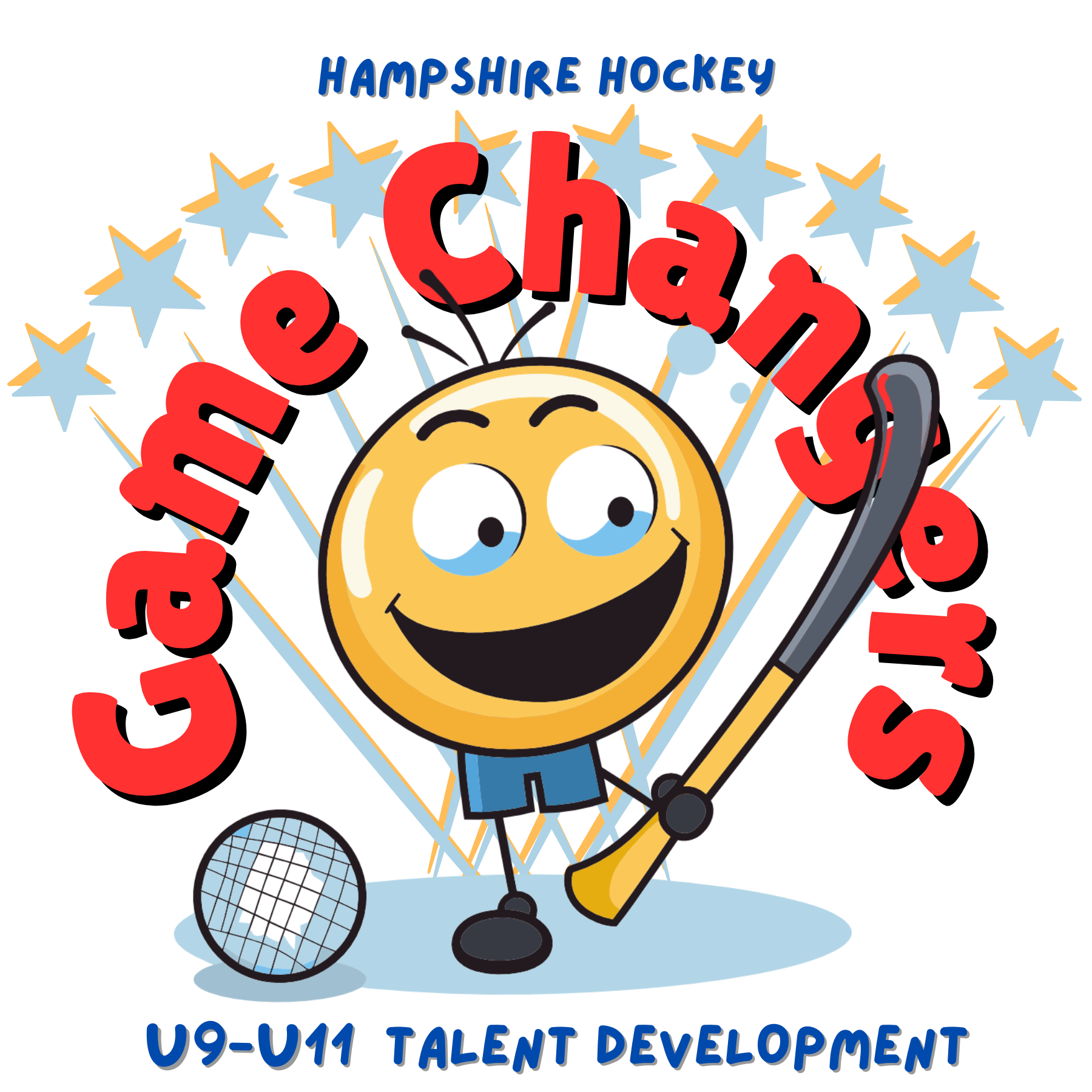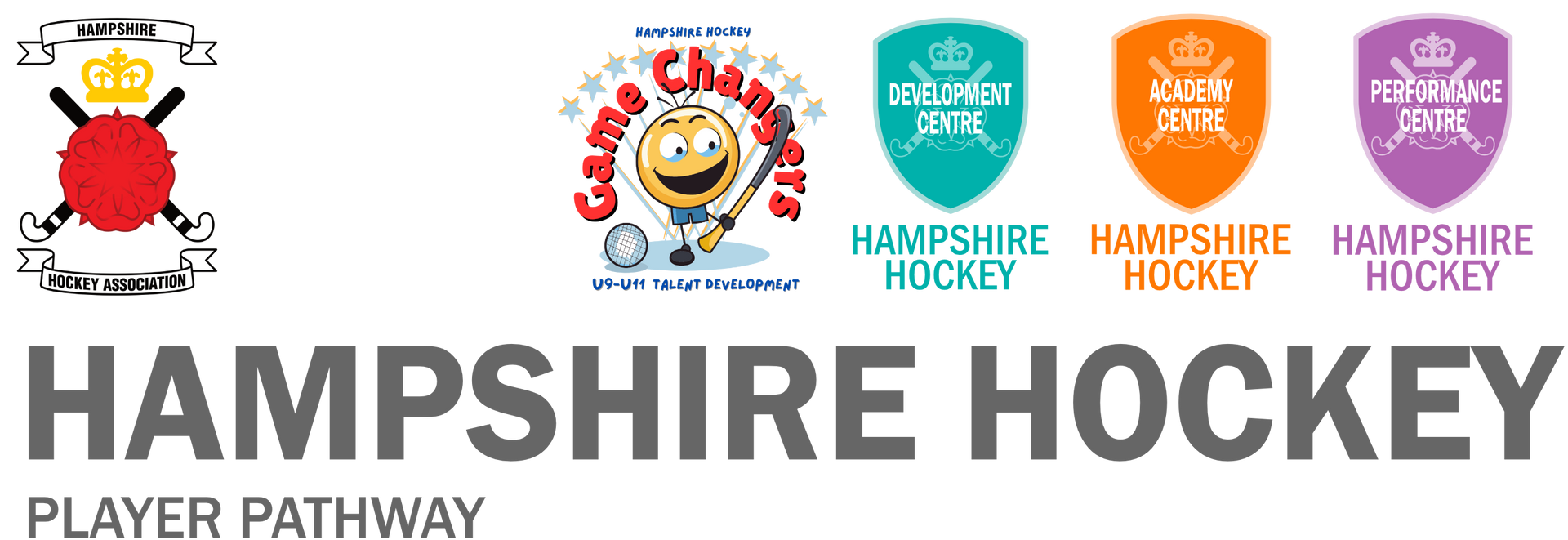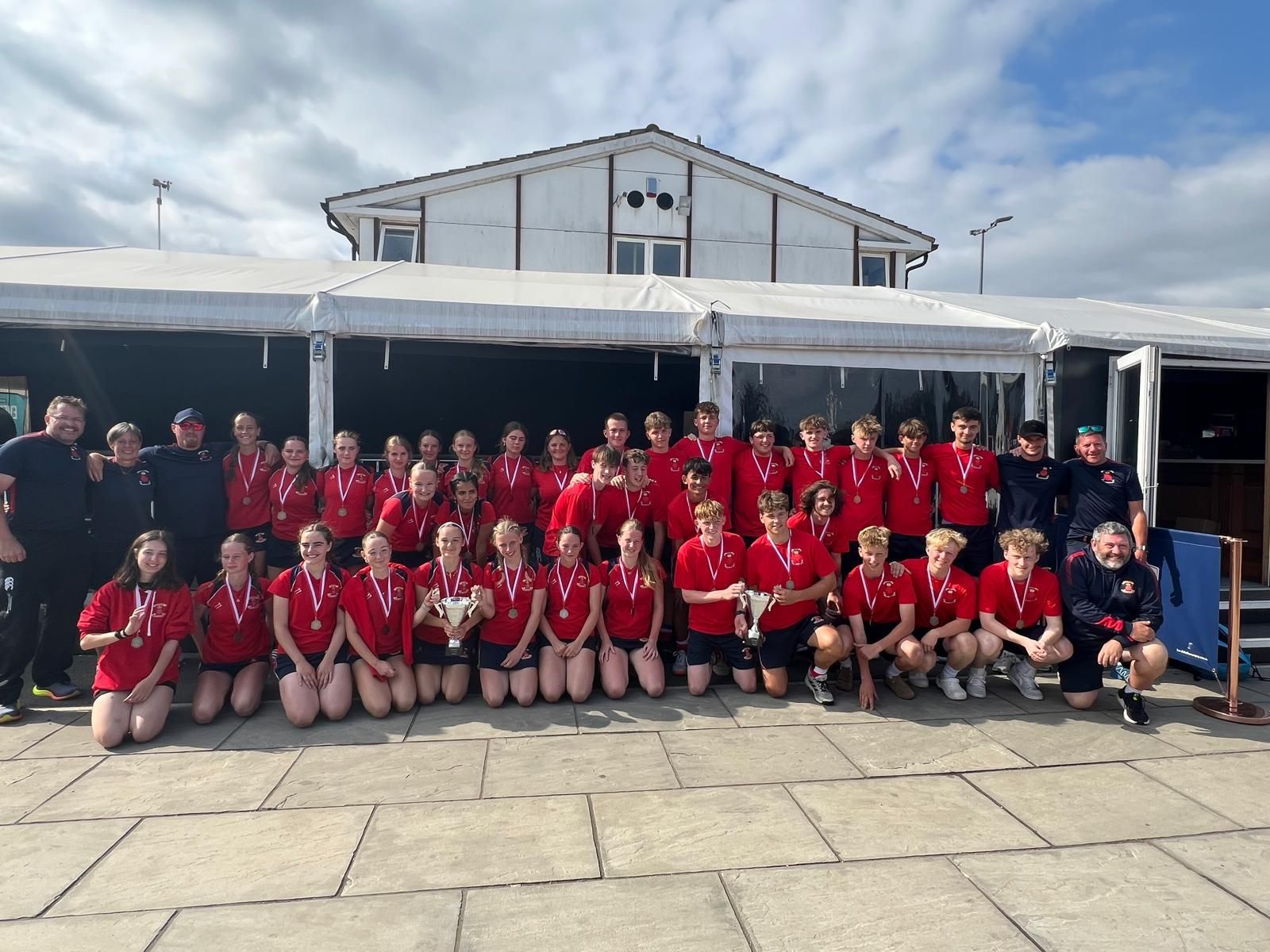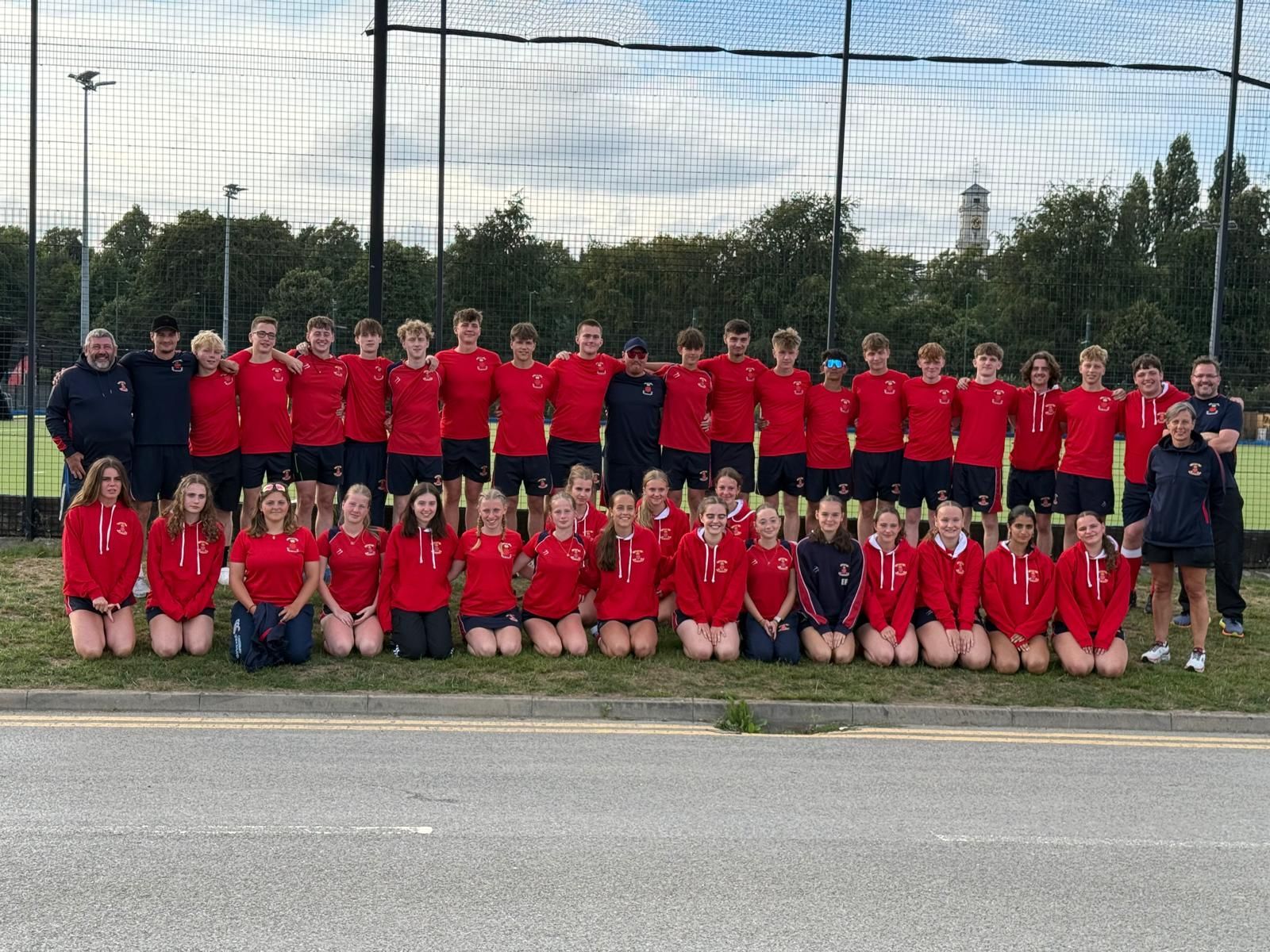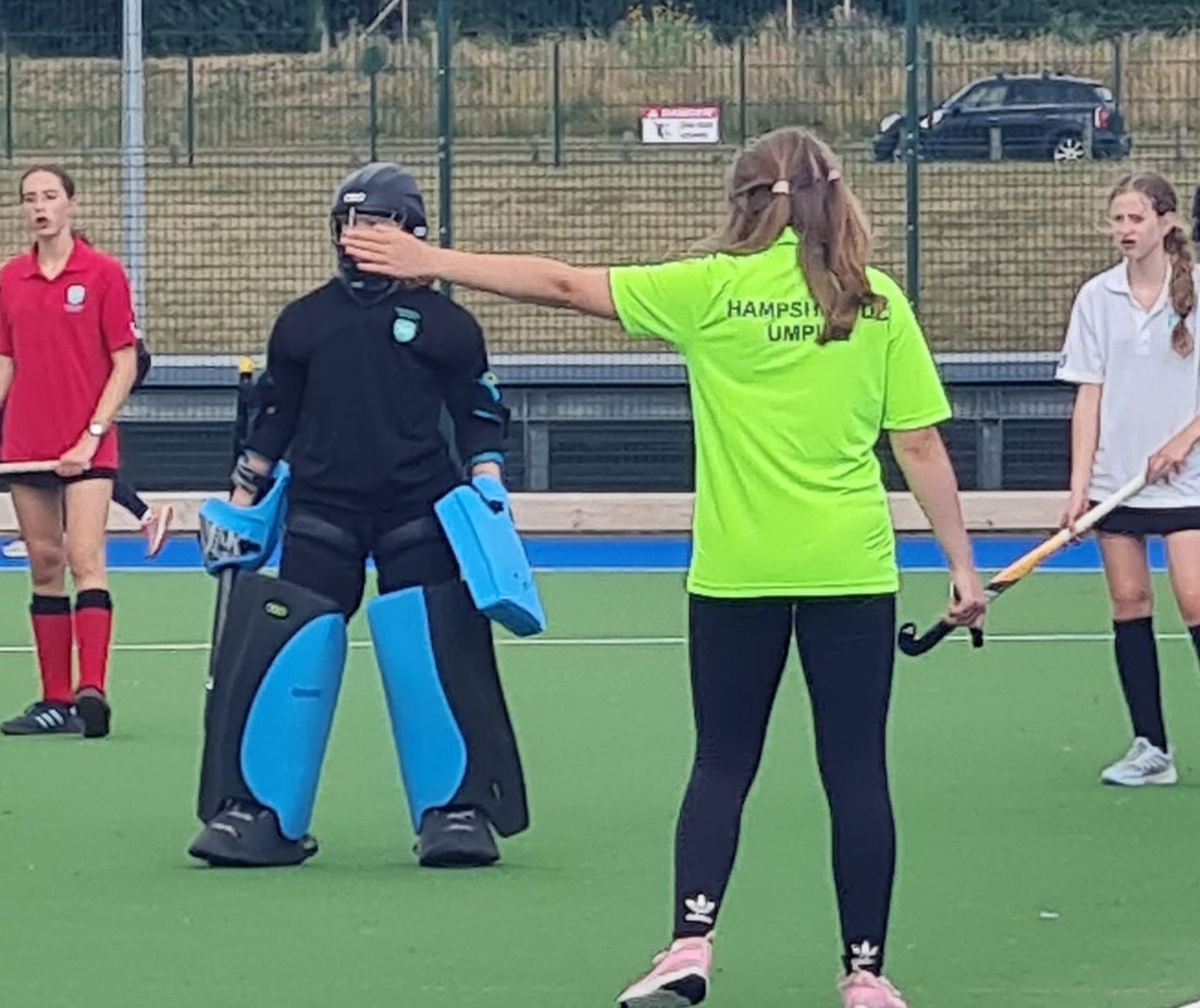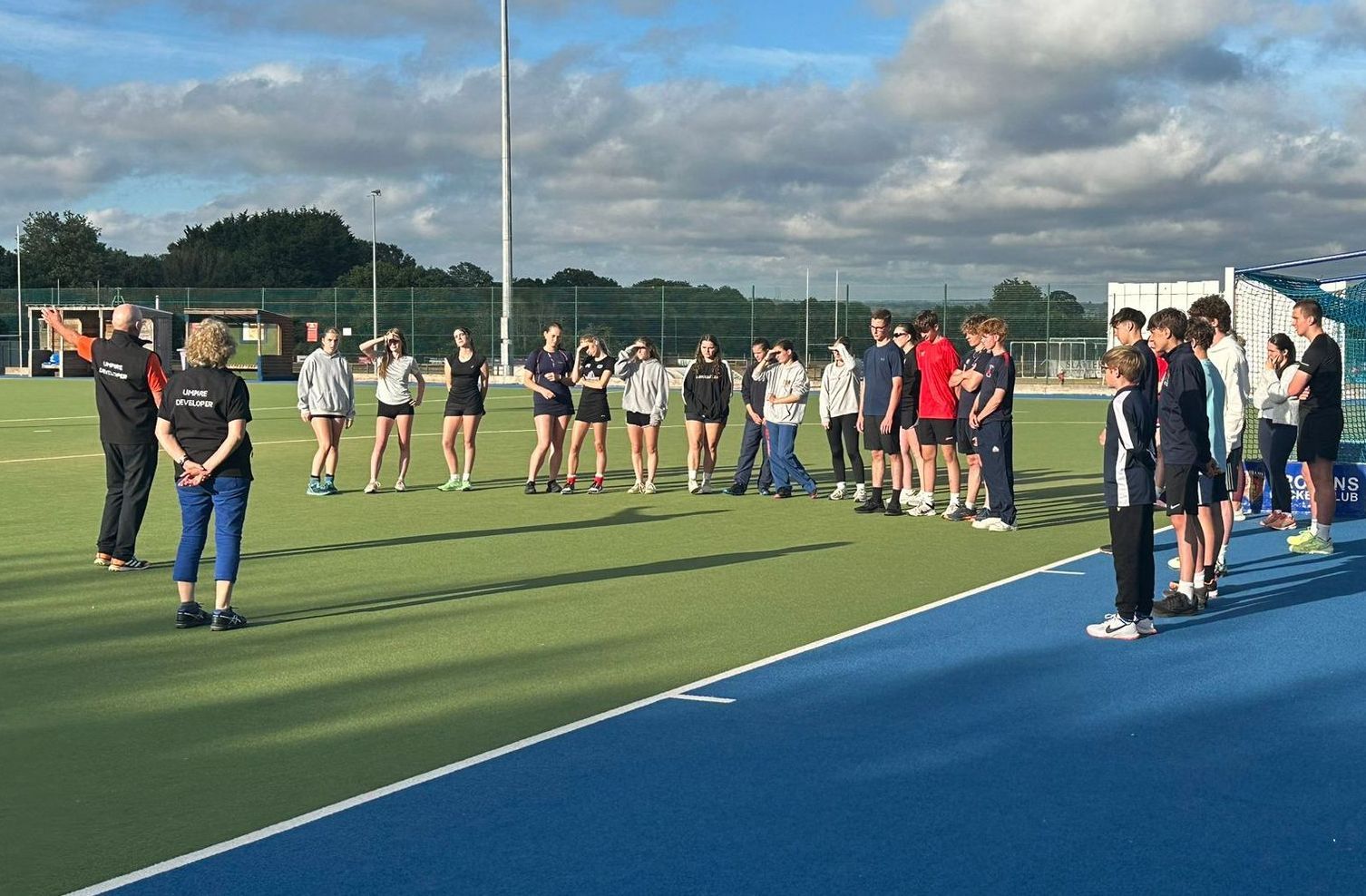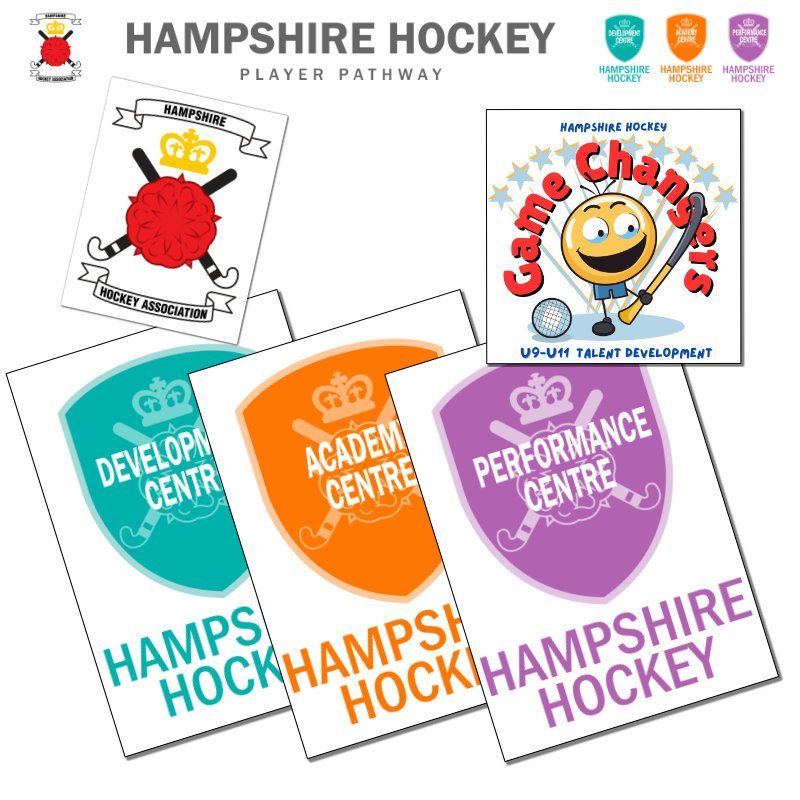Winning Beyond the Scoreboard: How Hampshire Took Gold at the NCC
Coach Dave Miles unpacks how Hampshire’s U17 squads prepared, performed and won big at the 2025 National County Championships.
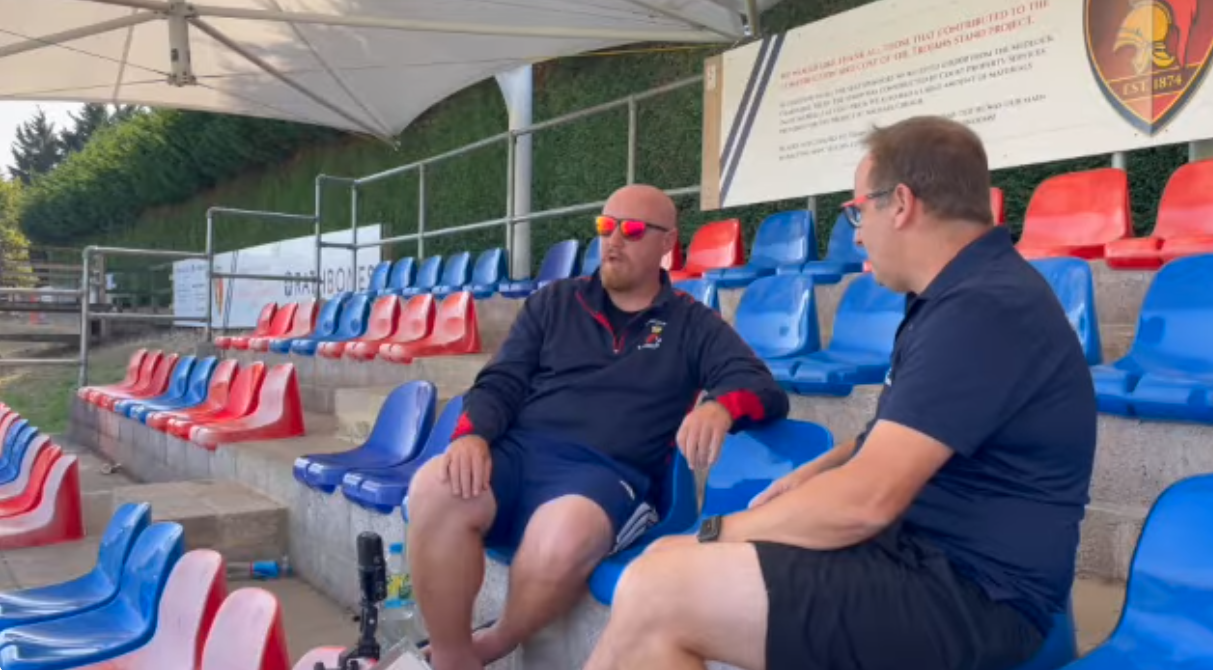
An exclusive interview with Dave Miles, Performance Director of the Hampshire Hockey Player Pathway, on how smart preparation, clear values, and a tight-knit coaching team laid the foundation for double gold at the National County Championships.
When the U17 Boys and Girls from Hampshire returned home from Nottingham as National Champions, the headlines wrote themselves. But behind the score lines and silverware lies a much deeper story—of planning, adaptability, and a coaching philosophy focused not just on hockey skills, but on people.
In this candid video interview,
Jim East, HHA’s Coach Development Officer, sits down with
Dave Miles, the architect of Hampshire’s performance program, to talk about how to win tournaments—and why it’s about more than just what happens on the pitch.
“It’s not always about tactical input or technical tweaks,” says Dave. “It’s about managing your time, your body, and your energy levels over three intense days. That’s what wins tournaments.”
A Blueprint for Tournament Success
Dave pulls back the curtain on what it takes to lead teams through the rigours of seven matches in three days. From hydration strategies to formation planning and even sleep routines, success at this level depends as much on preparation off the pitch as it does on performance during play.
“We focused on a retention-based style of hockey. If you control possession, you control the tempo—and crucially, you conserve energy. That’s a tournament strategy.”
This meant players had to adapt not only to their opponents, but to the demands of playing multiple matches with little rest. Both teams did just that—and thrived.
Managing the Human Element
Dave also reflects on the different coaching approaches needed for the boys’ and girls’ squads. With a younger and more diverse girls’ group, building team chemistry was just as important as building tactical structure.
“My time as a coach was the 45 minutes before and after each game. The rest was theirs. We gave them ownership. If they’re not enjoying it, they won’t perform at their best.”
By empowering players—through captain-led leadership, purposeful downtime, and creating a sense of togetherness—both squads began to self-manage, self-motivate, and ultimately, self-believe.
Adaptability is Key
Whether it was Oakley, the young U17 Boys’ coach, switching from a half-court to full-court press mid-tournament, or Dave reorganising player roles on the girls’ team after spotting a standout short-corner injector, the message was clear: the best teams are the ones who adapt fastest.
“We’re not preparing kids to play one style. We’re preparing them to read the game, manage the game, and make decisions under pressure. That’s what they’ll need if they go further in the sport.”
Looking Ahead
With plans already underway for an expanded tournament in 2026—including U15 squads and even more counties taking part—Hampshire’s success this year is just the beginning.
“This was never just about medals. It’s about showing what county hockey can be. What it should be.”
📺 Watch the full interview below to hear more about coaching philosophies, tactical choices, player development, and what makes a winning team culture—direct from the coach who led Hampshire to double gold.
